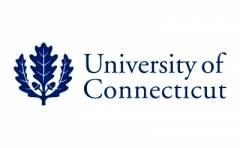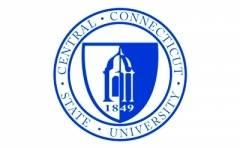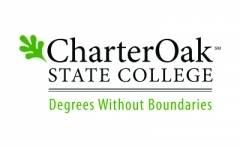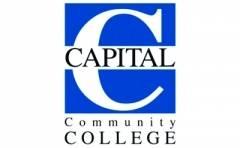Best Sociology colleges in Hartford 2026
Best Sociology colleges in Hartford for 2026
University of Connecticut offers 3 Sociology degree programs. It's a very large, public, four-year university in a outlying town. In 2023, 79 Sociology students graduated with students earning 68 Bachelor's degrees, 9 Master's degrees, and 2 Doctoral degrees.
Trinity College offers 1 Sociology degree programs. It's a small, private not-for-profit, four-year university in a midsize city. In 2023, 29 Sociology students graduated with students earning 29 Bachelor's degrees.


Central Connecticut State University offers 1 Sociology degree programs. It's a medium sized, public, four-year university in a large suburb. In 2023, 26 Sociology students graduated with students earning 26 Bachelor's degrees.
Wesleyan University offers 1 Sociology degree programs. It's a small, private not-for-profit, four-year university in a small city. In 2023, 24 Sociology students graduated with students earning 24 Bachelor's degrees.
University of Hartford offers 1 Sociology degree programs. It's a medium sized, private not-for-profit, four-year university in a midsize city. In 2023, 6 Sociology students graduated with students earning 6 Bachelor's degrees.
Charter Oak State College offers 2 Sociology degree programs. It's a small, public, four-year university in a large suburb. In 2023, 11 Sociology students graduated with students earning 11 Bachelor's degrees.
Connecticut State Community College offers 1 Sociology degree programs. It's a very large, public, two-year college in a midsize city. In 2023, 17 Sociology students graduated with students earning 17 Associate's degrees.
List of all Sociology colleges in Hartford
| School | Average Tuition | Student Teacher Ratio | Enrolled Students | |
|---|---|---|---|---|

|
University of Connecticut Storrs, CT | 16 : 1 | 27,364 | |

|
Trinity College Hartford, CT | 9 : 1 | 2,276 | |

|
Central Connecticut State University New Britain, CT | 24 : 1 | 9,712 | |

|
Wesleyan University Middletown, CT | 8 : 1 | 3,271 | |

|
University of Hartford West Hartford, CT | 19 : 1 | 5,913 | |







